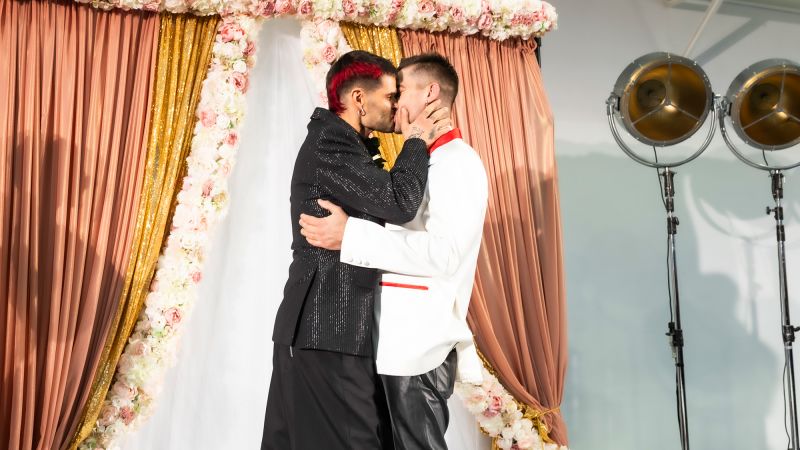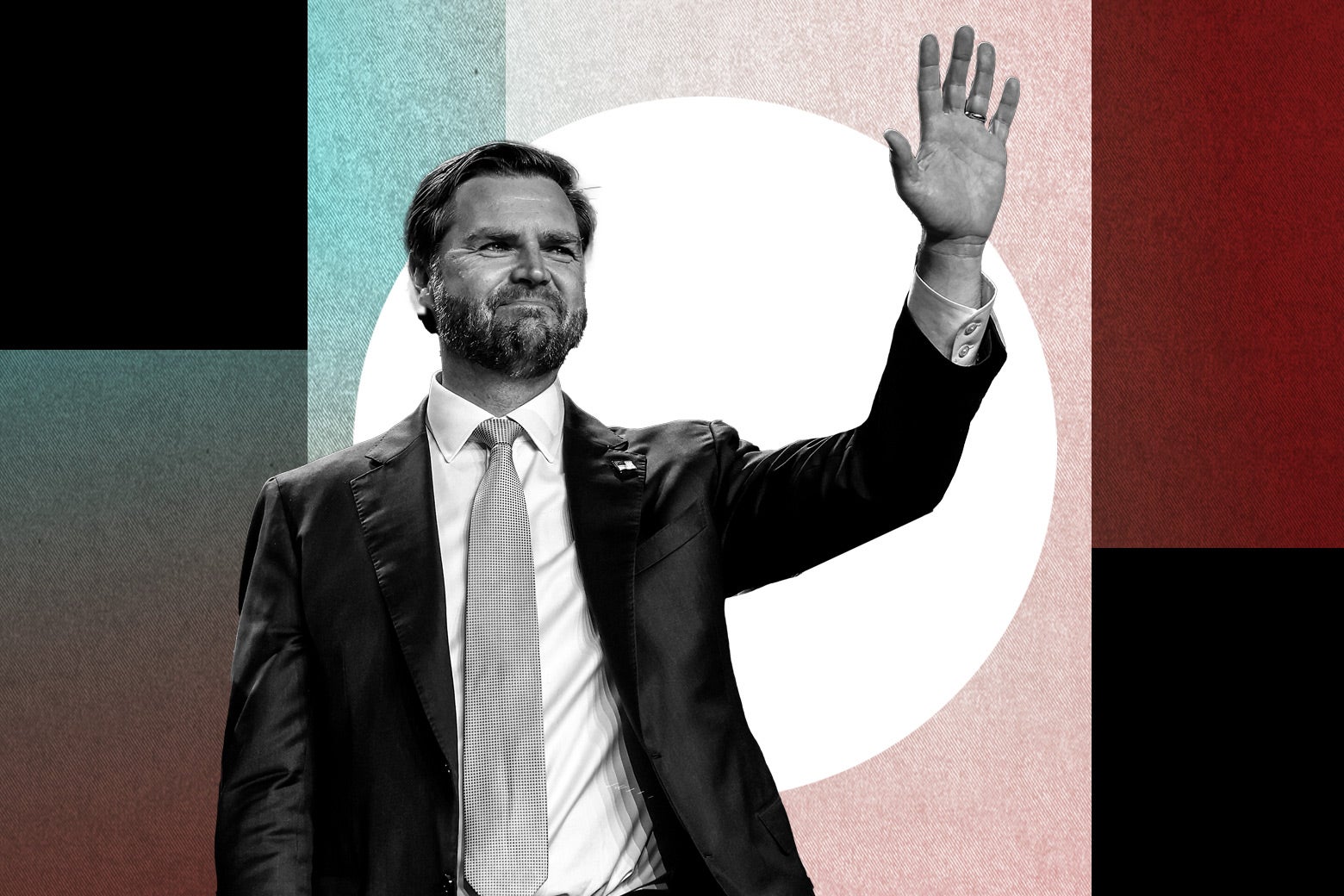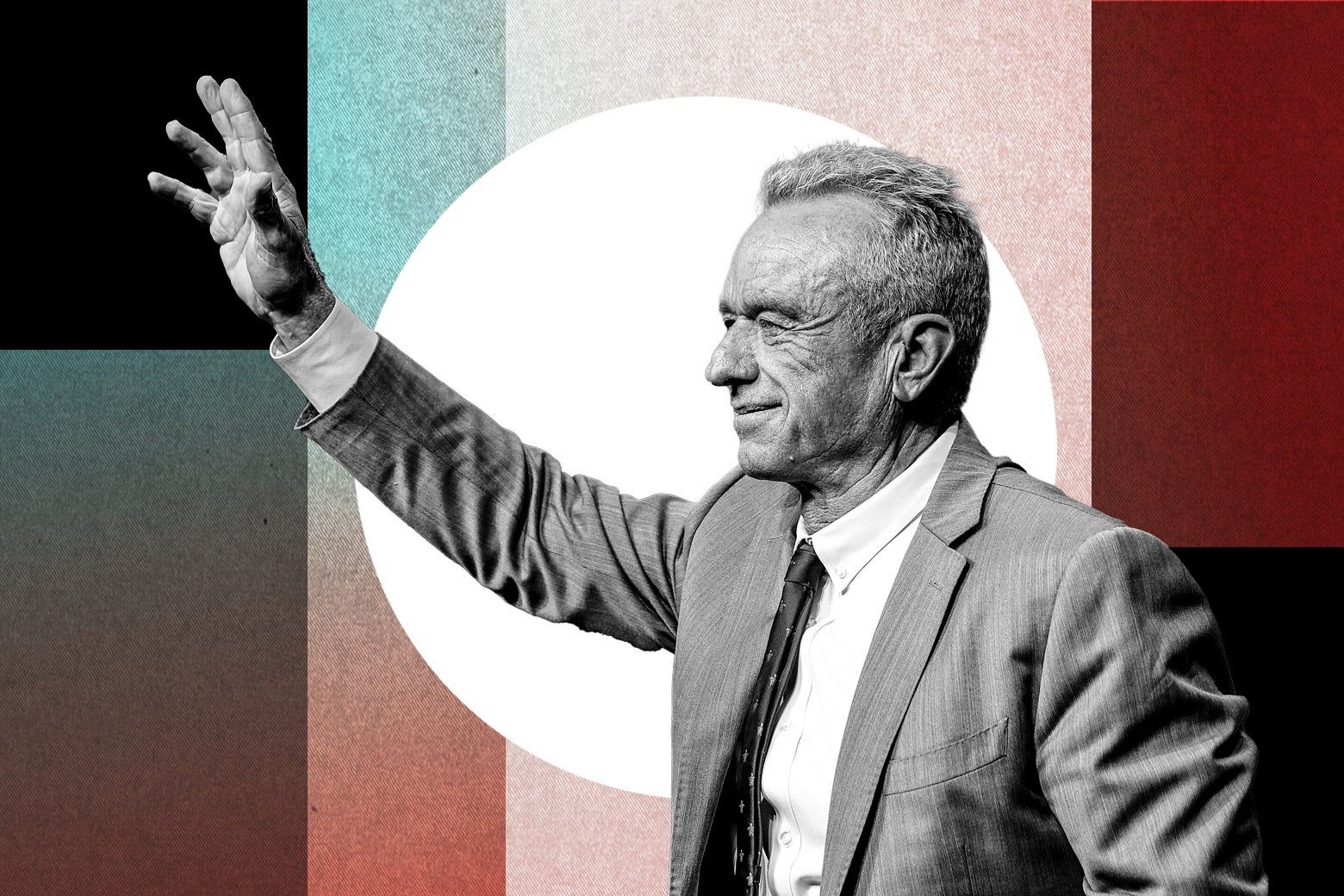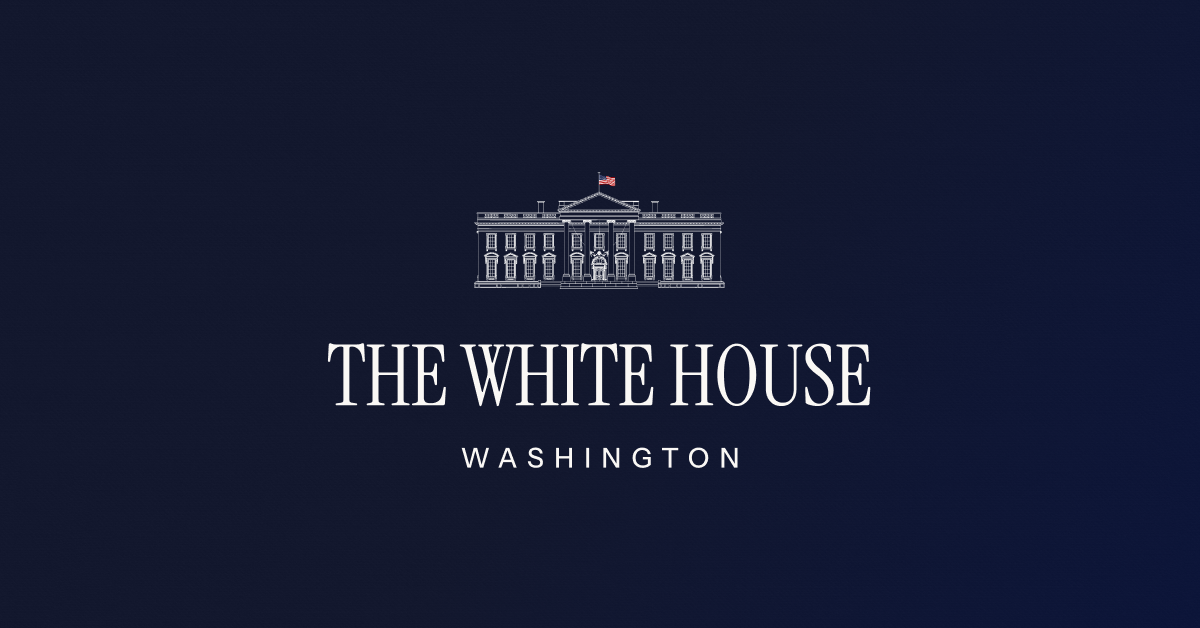This is part of Hello, Trumpworld, Slate’s reluctant guide to the people who will be calling the shots now—at least for as long as they last in Washington.
It’s a running joke that the vice president doesn’t do much in a presidential administration. You may have seen a TV show about it.
But J.D. Vance’s seeming irrelevance to Trump White House 2.0 is still an unusual case. He’s going to be serving under, well, Donald Trump, who is known for being so uninterested in the details of world events and his own policies that his advisers have to put colorful pictures in his briefing papers to keep his attention. And Vance, by contrast, is a Yale Law School graduate and author with a reputation for having detailed thoughts about the “populist” direction in which he wants the Republican Party to be headed. In fact, his nomination was supposed to put him on track to lead the workingman and -woman’s MAGA coalition of the future.
One of the big issues that was supposed to distinguish this new GOP was a noninterventionist foreign policy—as in, Why should we waste our money on foreign wars when regular people are suffering at home? The other was the party’s posture toward big business, particularly Big Tech; Vance was a known fan of Biden’s Federal Trade Commission Chair Lina Khan, an enthusiast of monopoly-busting antitrust litigation, and made enough noise about prioritizing the interests of workers and consumers over shareholders that Politico ran a piece days before the election headlined “Why Business Leaders Are Worried About J.D. Vance.”
On Vance’s key issues, at least, they can probably sleep easy. Trump is replacing Khan with a figure named Andrew Ferguson, who, according to the New York Times, won over the president-elect when he “called for rolling back some of Ms. Khan’s agenda,” in particular “abandoning tougher standards for mergers.” Trump’s posture toward Big Tech has been extremely welcoming; the transition period at Mar-a-Lago has seen a parade of tech CEOs meet with the president-elect and essentially pledge to serve as his unofficial partners and lieutenants. Whatever the reasons each party has for forming this alliance—Trump seems to enjoy feeling like a titan of industry among peers, while Mark Cuban lays out a plausible case that the CEOs are essentially playing a game of generative-A.I. chess among themselves—it seems unlikely to result in better wages for workers, more free-market competition, or more consumer protection from predatory business practices.
Meanwhile, on the “international piece,” Trump and his advisers have floated invasions of Greenland, Mexico, and the Panama Canal, in addition to the annexation of Canada. No foreign wars is out; many foreign wars is in.
All told, Trump’s version of nationalism looks a lot more like Vladimir Putin’s—in which industrial oligarchs collude with a strongman leader to enrich themselves, while the average citizen serves as cannon fodder for the expansion of the state’s economic influence—than like the one that eggheads like Vance and Ross Douthat have been outlining.
Trump’s chief partner in framing this agenda, rather than Vance, has been South Africa–born tech multibillionaire Elon Musk. According to the Nexis database, Musk has been mentioned in something like four times as many New York Times stories as Vance since Dec. 1. An indicative conflict played out over Christmas, as conservatives debated whether Trump’s crackdown on immigrants should include the elimination of H-1B visas, which allow U.S. companies to hire foreign workers for jobs that require specific technical skills. In the past, Vance has described H-1Bs as “an unholy alliance between government and our biggest corporations” that enables Silicon Valley companies who maintain corrupt relationships with political leaders to undercut the wages of American workers. Musk and other tech leaders, on the other hand, want to expand the program, which gives them access to an expanded hiring pool over which they have greater than usual leverage because the visa is tied to employment at a specific company.
Although Musk appears to have moved full time to Palm Beach to maintain access to Trump, Vance spent at least part of the holiday in Ohio with his actual family. Lo and behold, when someone finally got ahold of Trump about the visa fight, he sided with Musk, calling H-1B “a great program.” For now, at least, foreign workers are in—and J.D. Vance is out.



:max_bytes(150000):strip_icc()/Martin-Yan-Wontons-in-Hot-and-Sour-Sauce-FT-BLOG0125-ee747db541b449eda5253f8d108337c2.jpg)














